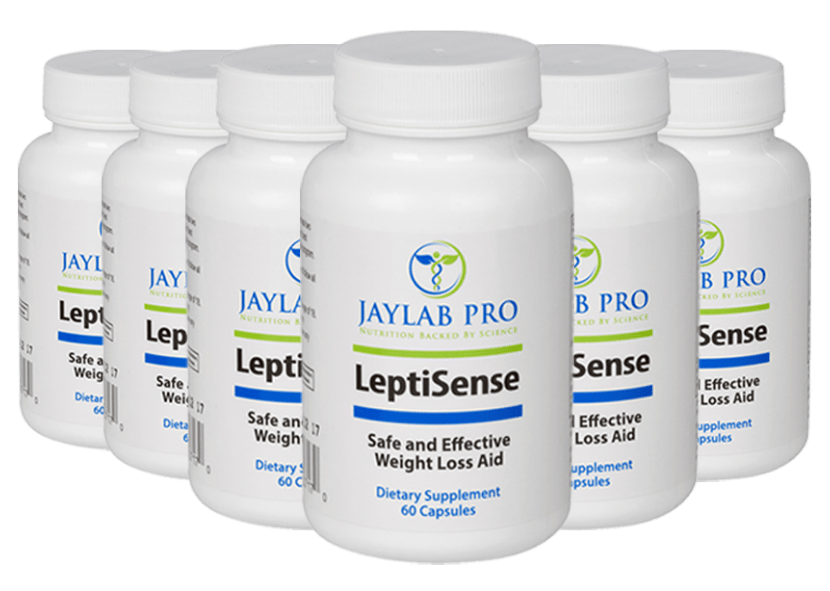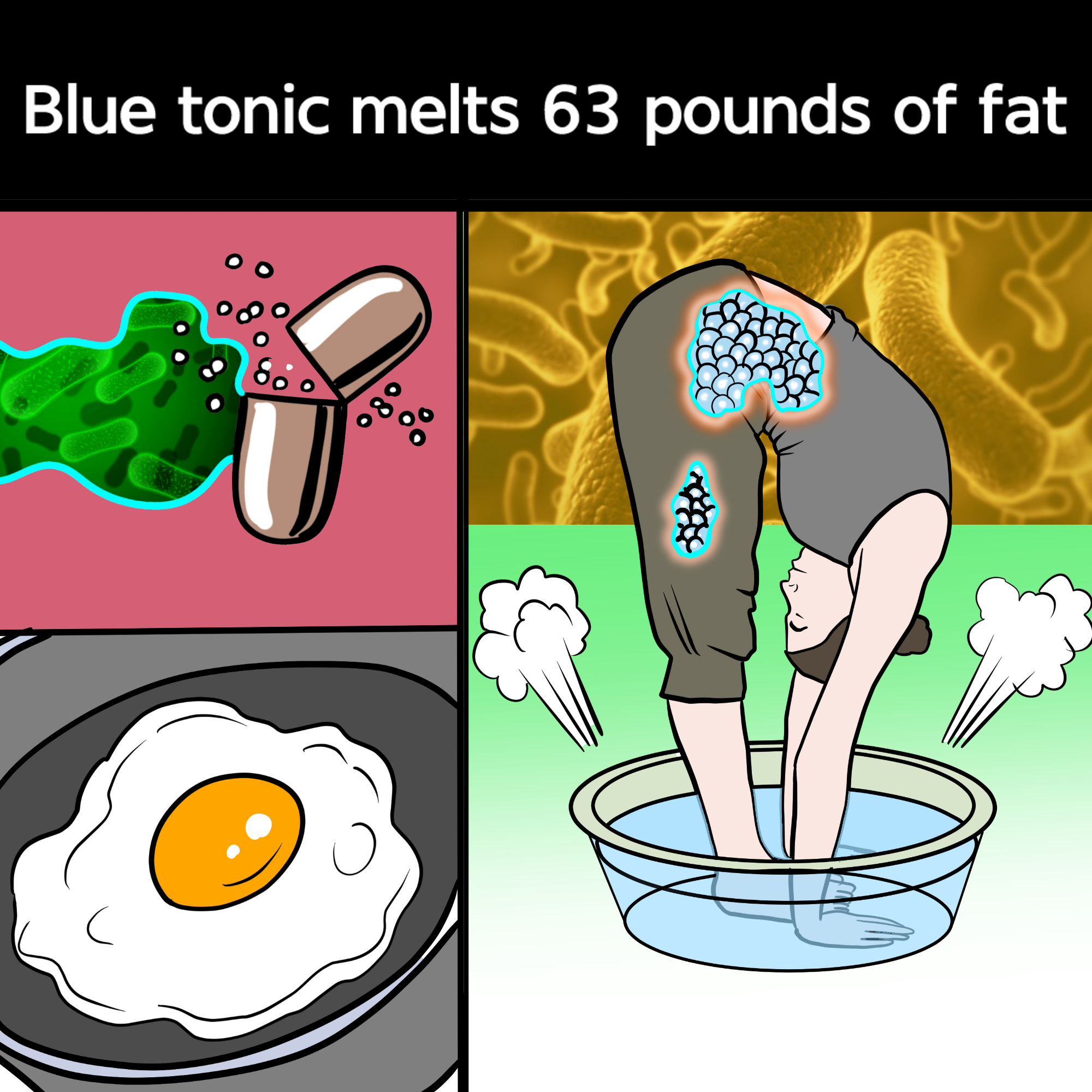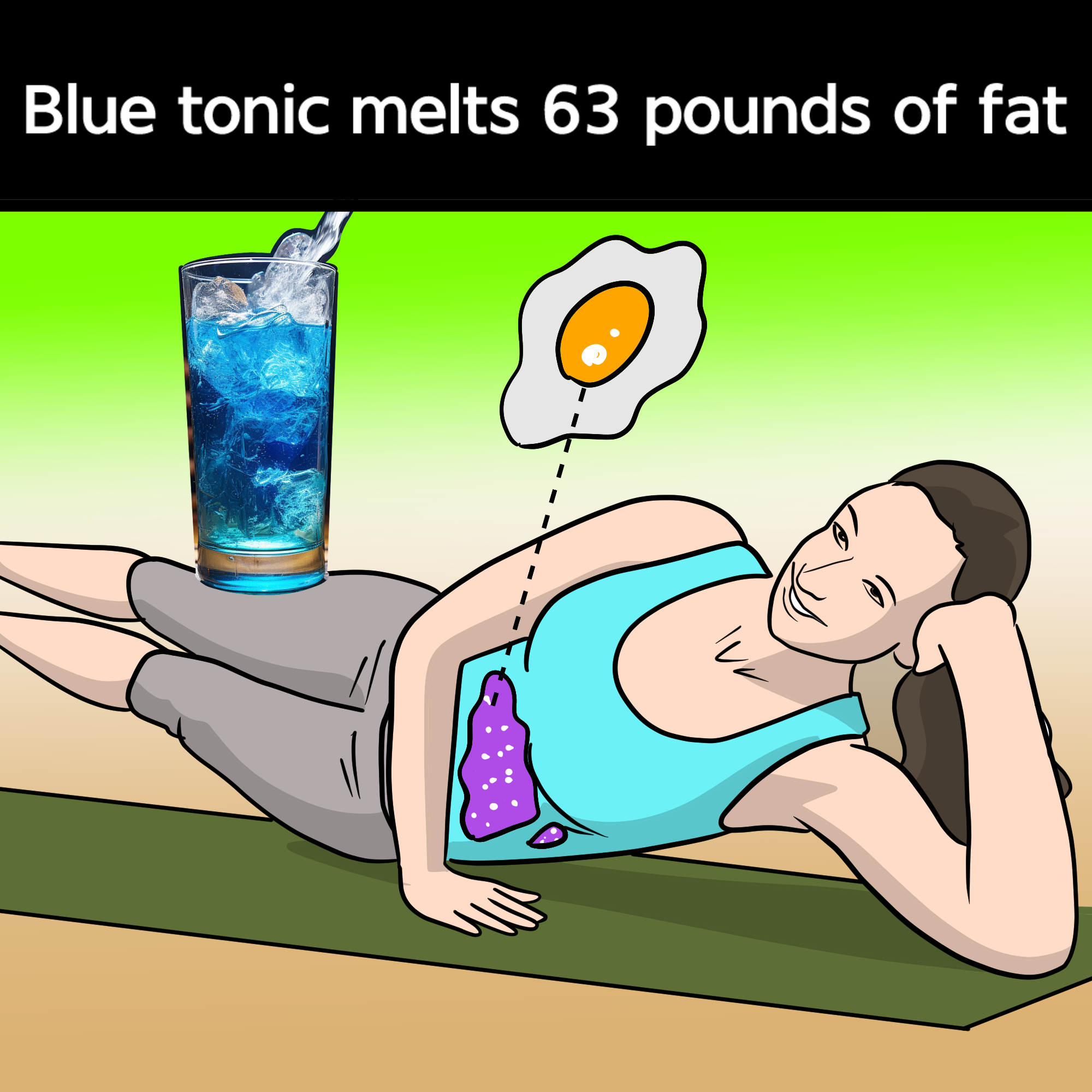Sumatra Slim Belly Tonic has turned a lot of heads lately in the wellness world. People are all about it when it comes to kicking off their weight loss journey. This tonic isn’t just some random concoction; it boasts a carefully crafted blend aimed at giving your belly fat the boot.
The magic begins in Sumatra, where the formula was first brewed. Central to its recipe are natural elements believed to have serious fat-busting properties. Whether you’re new to the supplement scene or a veteran, knowing what goes into your body is key, and that’s why the Sumatra Slim is made with ingredients that scream quality.
Backed by a growing number of satisfied users, this tonic has earned some serious street cred. But why has it become so popular, and does it truly help you slim down? People are giving it a shot due to its reputation for supporting weight loss while keeping the vibe all-natural. A major perk folks talk about is how it targets that stubborn belly fat which seems to be everyone's nemesis.
For those of you eyeing a leaner torso, this tonic might just be the companion you’re looking for. Remember, though, that each person’s body is its own universe, so experiences can vary. Sumatra Slim isn’t some magical potion, but rather a tool in your weight loss arsenal. Combining it with a healthy diet and regular activity can potentially amp up your results.
Understanding the Ingredients in Sumatra Slim Belly Tonic
Ever wondered what gives Sumatra Slim Belly Tonic its edge? The secret lies in its ingredients. This tonic doesn’t just throw random elements together. It’s a thoughtful blend with each component serving a specific purpose to help trim down your waistline.
First up, there’s green tea extract. Known for its antioxidant rich properties, green tea has long been in the spotlight for boosting metabolism and aiding in fat burning. Next on the list is something called Garcinia Cambogia, which includes a compound that might help curb your appetite— a bonus when trying to cut back on the extra trips to the fridge.
Another star player is apple cider vinegar, which some studies suggest can contribute to weight loss by improving metabolism and reducing fat storage. Then there’s turmeric, not just for curry anymore! Its anti-inflammatory powers have been acknowledged as potentially aiding in weight reduction.
Quality matters, and that's why Sumatra Slim focuses on sourcing its ingredients from reliable suppliers. This ensures what you’re ingesting is up to par and safe. Knowing where these come from gives a bit more peace of mind when adding a new supplement to your routine.
Each ingredient is like a cog in the machine, bringing its own set of perks, working together towards a slimmer you. Understanding these not only helps you use the product effectively but also lets you be more consistent and informed while supplementing your diet.
How to Effectively Use Sumatra Slim Belly Tonic for Slimming
Getting the most out of Sumatra Slim Belly Tonic means using it the right way. It's not just about gulping down a magic potion and hoping for the best! Start by following the recommended dosage on the bottle. Usually, it's about a spoonful mixed with water or juice, taken before meals to help your body get in gear.
Consistency is the name of the game here. Taking the tonic around the same time each day helps create a routine, making it easier to remember and to build the habit. Try it in the morning or right before dinner—it’s up to you and what fits best in your day.
Pairing this with a sensible diet makes a whole lot of difference. Focus on balanced meals that are rich in vegetables, lean protein, and whole grains. While the tonic gives a helping hand, the heavy lifting comes from what’s on your plate.
Don’t forget to keep moving. Whether you’re into jogging, yoga, or a brisk walk, staying active not only complements the tonic but also amplifies the weight loss effects. Exercise increases the body’s ability to shed extra pounds by boosting metabolism, and that’s a win-win with the tonic working alongside.
Fitting this into your daily routine doesn’t need to be a chore. Keep the bottle on the kitchen counter or near your water glass as a visual reminder. Reinforcing the intake with these visual cues boosts consistency. Get into this groove, and you’re setting the stage for noticeable changes.
Evaluating the Effectiveness of Sumatra Slim Belly Tonic
Curious about whether Sumatra Slim Belly Tonic really delivers on its promises? Well, let's see what the evidence and experiences have to say. This tonic has caught the attention of both researchers and regular users looking for effective ways to shed some pounds.
Some studies show that its ingredients, like green tea and apple cider vinegar, could have positive impacts on metabolic rate and fat burning. These little powerhouses combine to form a tonic that might help make achieving those weight goals a bit more attainable.
People who’ve tried it often report feeling a boost in energy and noticing a reduction in their appetite. Plus, happy users frequently share their before-and-after photos and stories online, showing off their slimmer figures and newfound confidence.
It’s worth comparing this to other products in the market. Users often find that it stacks up well, especially given its natural ingredient list. Unlike many alternatives loaded with synthetic compounds, the Sumatra Slim keeps things natural which is an essential factor for a lot of folks out there.
The catch? Patience and consistency. It doesn’t take effect overnight, but with steady use, many do notice changes. Expect your timeline for visible results to be anywhere from a few weeks to a couple of months. Everyone’s body clock is different, after all.
In making a decision, think about what aligns with your lifestyle and specific health needs. A quick chat with others who’ve used it or a peek at some user reviews can lend more perspective.
Potential Side Effects and Precautions
When bringing any new supplement into your life, it's smart to know if there are side effects you should watch out for. While many users of Sumatra Slim Belly Tonic report enjoying its benefits without issues, like any supplement, it can cause reactions for some people.
The good news is that side effects are generally rare and mild if they do crop up; some folks might experience slight digestive discomfort or mild headaches. It’s sometimes the body’s way of adjusting to new elements in your diet.
If you’ve got any allergies, especially to ingredients like green tea or apple cider vinegar, it’s important to double-check the label. Even better, have a quick chat with your healthcare provider to make sure it's safe for you.
Some people, like those who are pregnant, nursing, or managing chronic health diseases, should definitely get the green light from a doctor before using it. Better safe than sorry, right?
Remember to stick to the recommended dose. Going overboard isn’t going to make the weight disappear any faster and could lead to unwanted effects.
Overall, keeping an open line with your body and healthcare provider ensures you use the tonic safely, effectively, and wisely. That way, you’re better positioned to enjoy its benefits without the worry.
Lifestyle Modifications to Enhance Results with Sumatra Slim Belly Tonic
Pairing Sumatra Slim Belly Tonic with some lifestyle tweaks can really take your results up a notch. Let's chat about how a few changes might amplify your efforts.
Exercise is your best buddy here. You don't need to hit the gym seven days a week, but regular activity like walking, dancing, or cycling complements the tonic beautifully. It helps burn off those extra calories and can improve your overall metabolism.
Staying hydrated is super crucial. Water helps with the process of breaking down fats and can actually help your body absorb the tonic more effectively. Plus, it helps curb false hunger pangs, keeping you on track with your eating.
Mindfulness is another tool in your kit. Stress and anxiety aren't just bad for your mindset; they can mess with your weight loss too. Practices like meditation, yoga, or even simple deep-breathing exercises can help keep your stress levels in check.
Don't underestimate the power of a good meal plan. Focus on balanced meals that are heavy on the veggies and lean on the sugars and refined carbs. Think of the tonic as a supporting actor in this film, with your diet playing the lead role.
These adjustments aren't just about losing weight; they're lifestyle enhancements that can lead to overall better well-being. Making these changes part of your daily routine is likely to boost the tonic's efficacy, and you'll be feeling the benefits in no time.
Conclusion: Is Sumatra Slim Belly Tonic Right for You?
So, you’ve got the lowdown on Sumatra Slim Belly Tonic. Now the big question: is it the right move for your weight loss journey? This tonic packs a punch with its natural ingredients and well-rounded benefits, especially if you're looking for a simple addition to a healthy lifestyle.
If your health goals include shedding some pesky belly fat while maintaining a natural approach, this tonic might be a fit. It’s designed to support your efforts, but remember, it’s not a standalone solution. Team it up with a balanced diet and a consistent exercise routine for best results.
Purchasing authentic products is vital, so double-check where you’re buying from to avoid knock-offs that could do more harm than good. Stick to reputable sources or directly from trusted online retailers to ensure you’re getting the genuine product.
As with any supplement, alignment with your personal health needs and goals should be key. Investing in your health is a big step and choosing products that resonate with your lifestyle makes the journey more rewarding.
Ultimately, tuning into your body's responses and consulting with healthcare providers whenever necessary keeps you on a safe path. Take the time to evaluate if this tonic aligns with what you want for your health, and have fun exploring the possibilities along the way.





















